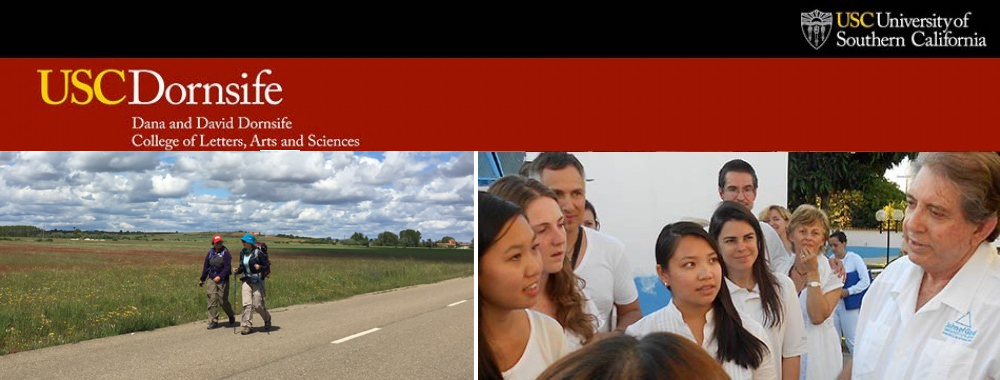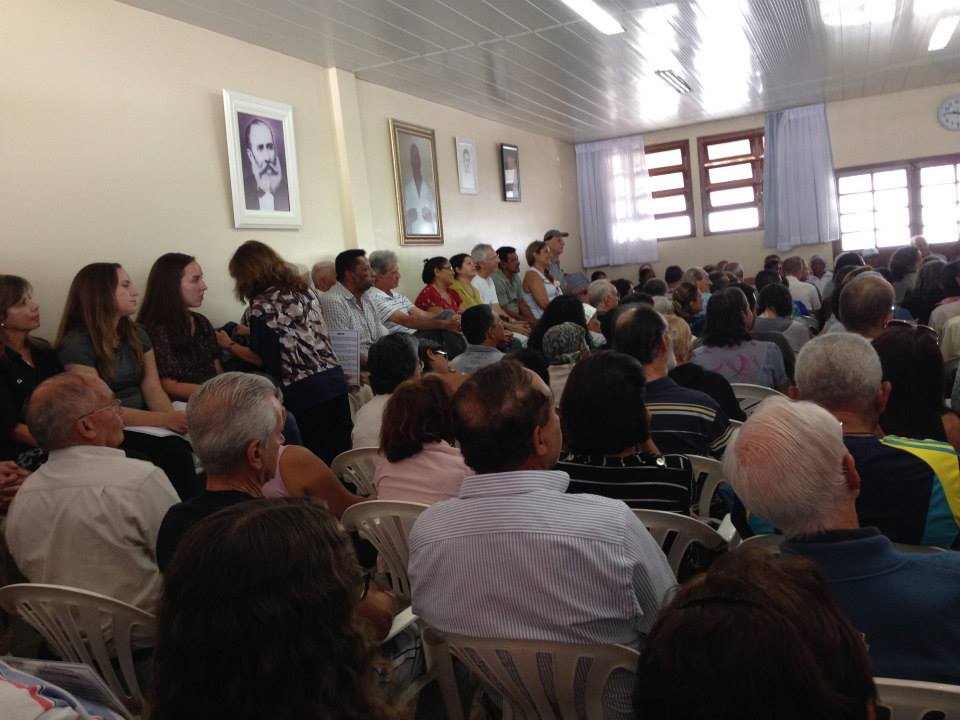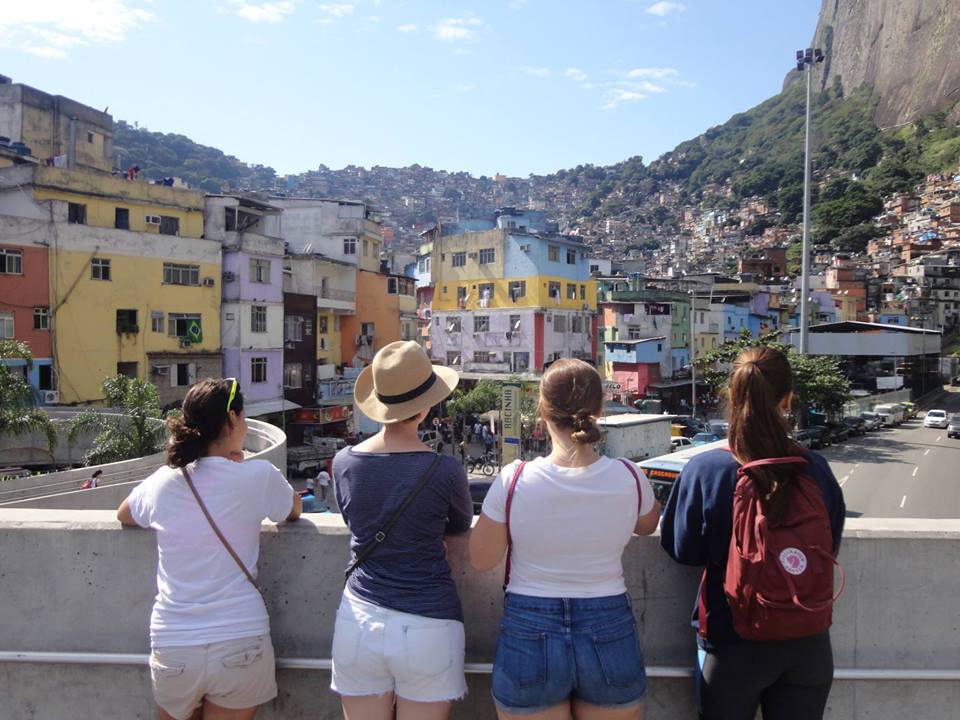By Caitlin Sims
As an extreme type A personality with a proclivity for order and control, my impetus for traveling abroad – this summer to Brazil, previous summers to Costa Rica and Europe, and hopefully for future trips to come – is the opportunity to leave my comfort zone and literally and figuratively expand my horizons. I have found that only after exposure to cultures different from our own do we become acutely aware of the social mores and expectations of the milieu we are accustomed to. While the Brazilian culture we experienced in Abadiânia (and our travel “bookends”, Brasilia and Rio de Janeiro) does not differ radically from that of the states, a few incongruities were particularly evident at the Casa. Brazilians tend to operate with a different regard for personal boundaries (physical and otherwise) and adopt an easygoing attitude whereas Americans are prone to erecting and maintaining boundaries with others while exacting a desire to control the present situation and therefore master their fate.
The lack of personal boundaries common in Brazil was the cultural norm I noticed first, unsurprising considering my claustrophobic tendencies. A spiritist healer named Valentim whom we visited on the outskirts of Brasilia was known for unceremoniously poking and prodding everything from patients’ backs to breasts, a practice we observed firsthand. Our first morning at the Casa was spent waiting for hours in the Great Hall packed together quite literally shoulder to shoulder with other pilgrims in the intense heat and humidity.
On occasion, in Abadiania Casa staff members physically uncrossed my arms for me (because it is believed to impede the healing process) or brusquely grabbed me by the shoulders to move me to the correct portion of a line, all while muttering in Portuguese. Thus, I realized how significant personal space and boundaries are in the United States, and the initial shock and distress experienced when this expectation is violated abroad.
The United States is characterized by free will and opportunity, and is famously known for its “pull yourself up by your own bootstraps” attitude. Brazil on the other hand, assumes a more laid-back air and “go with the flow” expectation that concedes the fact that sometimes situations are simply out of one’s control. This shift in thinking emerged as a common motif in multiple conversations with Casa pilgrims: Ed spoke about his realization that true spiritual enlightenment is only possible through assistance from a higher power, Sam and Iris did not begin their healing process until they stopped listening to their doubts and fully surrendered, and Heather Cumming (author of a well-known book on John of God) asserted that we must let go of fear if we are to truly forgive ourselves and others.
These clashes between American and Brazilian culture ultimately construct them as fundamentally individualistic vs. collectivistic (or community-oriented) environments, respectively. While I have been shaped and molded by Western values of personal agency and ambition and remain thankful for it, individualism can be, by definition, lonely at times. I hope to infuse my day-to-day life with a greater appreciation for the communities I belong to and a stronger commitment to cultivating the many relationships that inspire me to become the best version of myself.


